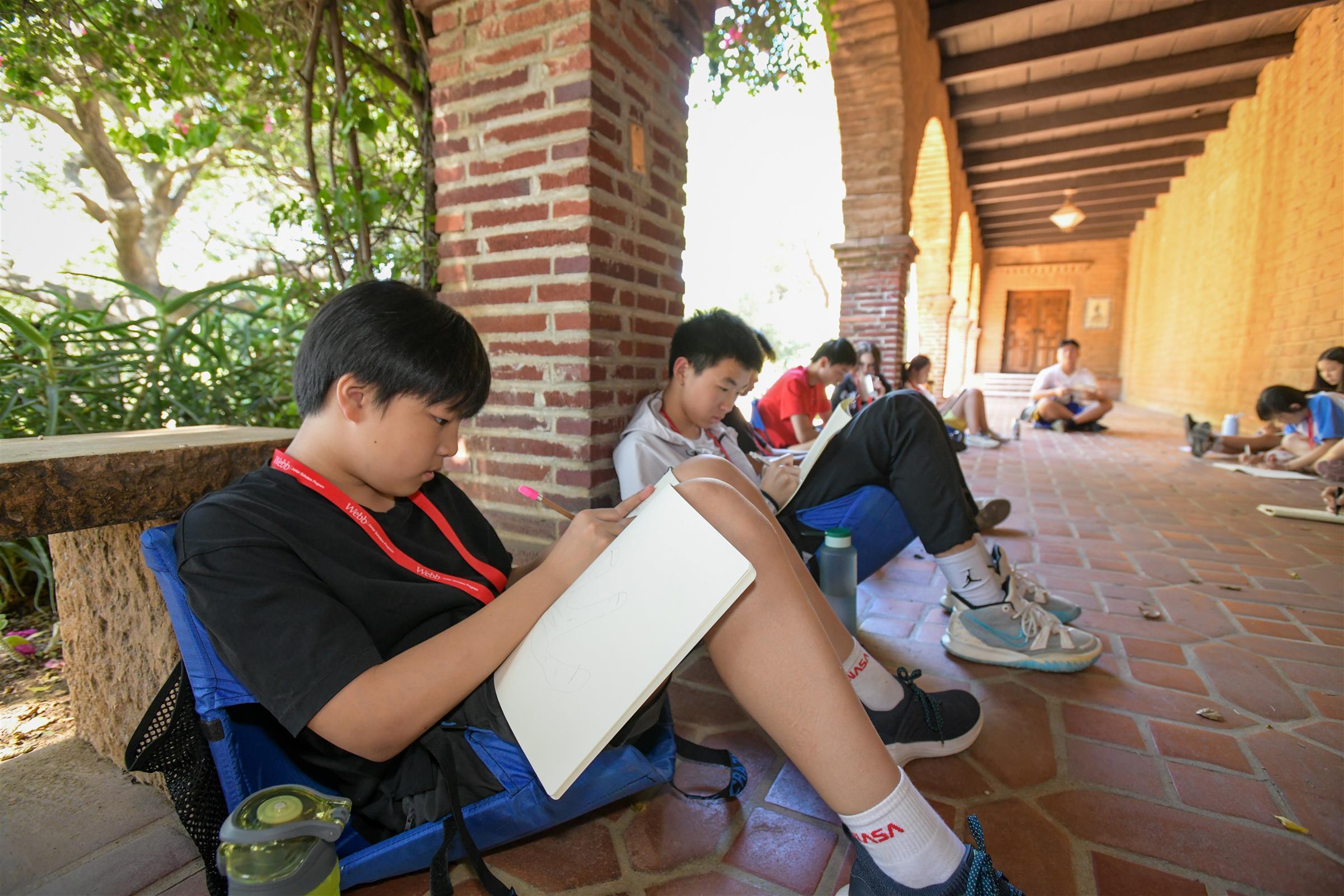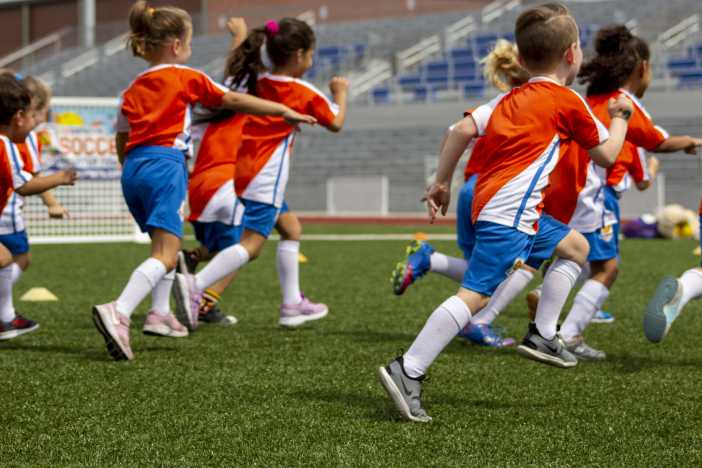Accommodation
Campers stay in dormitory style housing on the Webb campus. They live alongside peers in supervised residence halls with trained staff present night and day, which gives younger teens a chance to feel independence while still having safety and structure. The housing includes communal spaces, shared bathrooms and the kind of atmosphere where friendships form naturally in the evenings and between activities. Because it’s a boarding-style program, living on campus becomes part of the learning and social experience (not just where they sleep). The set-up also helps campers transition into more mature camp life, giving them responsibility for themselves while the staff handles logistics and supervision.
Meals
The program provides full boarding meals: breakfast, lunch, dinner plus planned snack options as part of the residential experience. Mealtimes become social opportunities—campers eat together in a common dining hall with peers and staff, which helps build community and gives structure to the day. The menu is designed to keep active campers energized, with balanced choices and the kind of variety that helps sustain full-day programming. Special dietary needs are addressed in the boarding context, so families should be proactive in communicating any allergies or restrictions ahead of time. Evening snack or social food offerings help round out the day and keep energy levels up for fun night-time activities.
Safety
Safety is built into multiple layers of this residential program. With on-campus housing and staff present around the clock, the program avoids the gaps that sometimes occur in less supervised settings. Dorm supervisors and program staff share responsibility for camper welfare, ensuring that check-ins, nighttime routines and supervision are all handled professionally. Activities and field trips are organized through the camp’s faculty and leadership team, meaning the supervision is connected to the school environment already used to managing minors. For families, this means the residential setting offers both freedom for kids and reassurance that adult oversight is consistent and structured.
Health & Medicine
In a boarding style summer program like this, there is built-in infrastructure for supporting camper health: pre-arrival health forms, on-site supervision, and a residential staff trained to handle wellness check-ins and basic first aid. While the website does not list a separate infirmary or full medical staff schedule, the overnight boarding model implies that staff are accustomed to living with campers and monitoring their wellbeing. Parents should inquire with the program directly for specifics such as medication administration, emergency procedures, and access to external medical facilities. Overall, the residential nature means your child will have adult supervision at all hours, which is a strong positive for health and safety.
Camp traditions
The Webb Junior Scholars program blends academic focus with authentic summer-camp traditions, making the experience memorable beyond classroom hours. Campers can expect themed evenings, social activities, field trips (including beach visits and hikes), and communal gatherings that foster a strong sense of belonging. These traditions are designed to create bonds, build memories and foster growth —whether it’s gathering around a fire pit, participating in group challenges, or simply relaxing with peers in dorm life. These social rituals matter because they transform a good program into an experience your child remembers long after the session ends.








